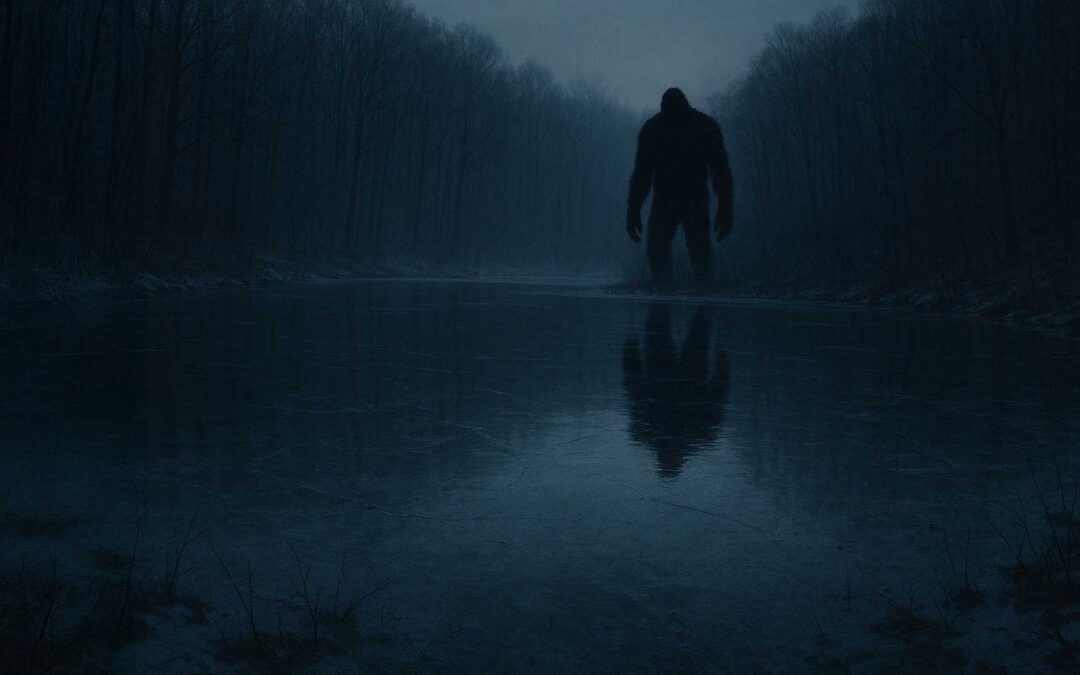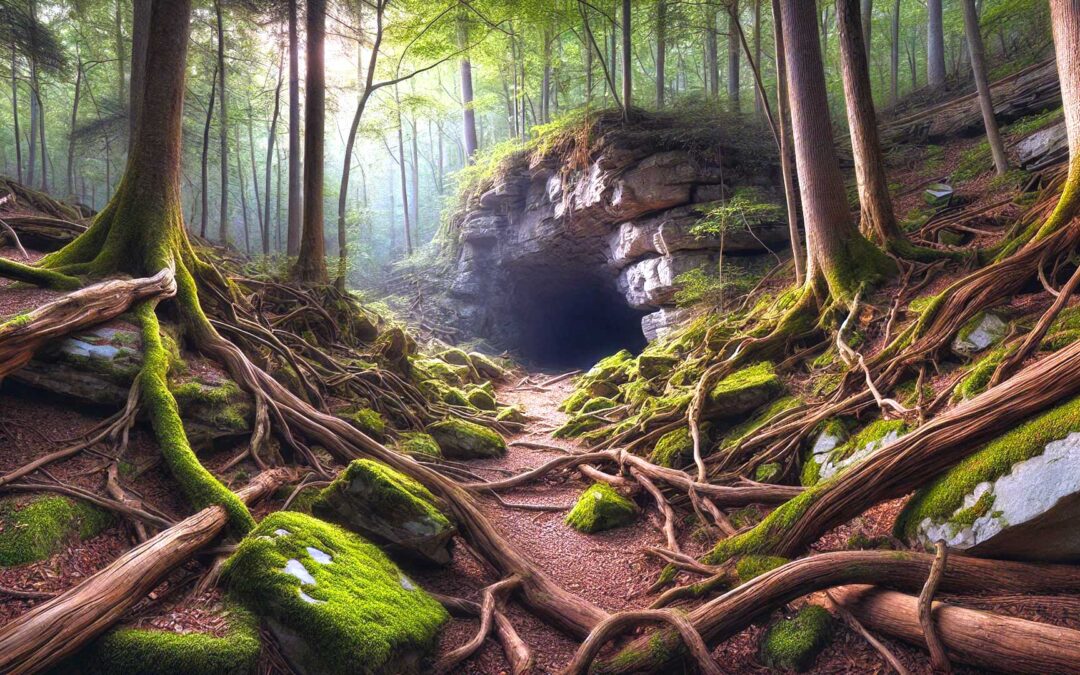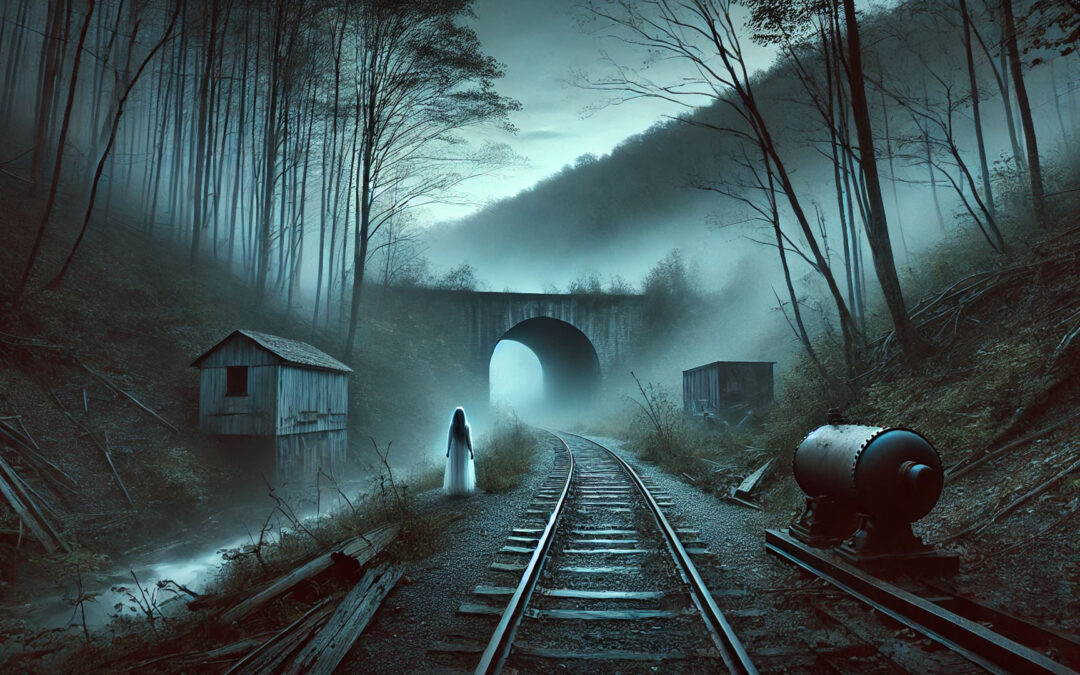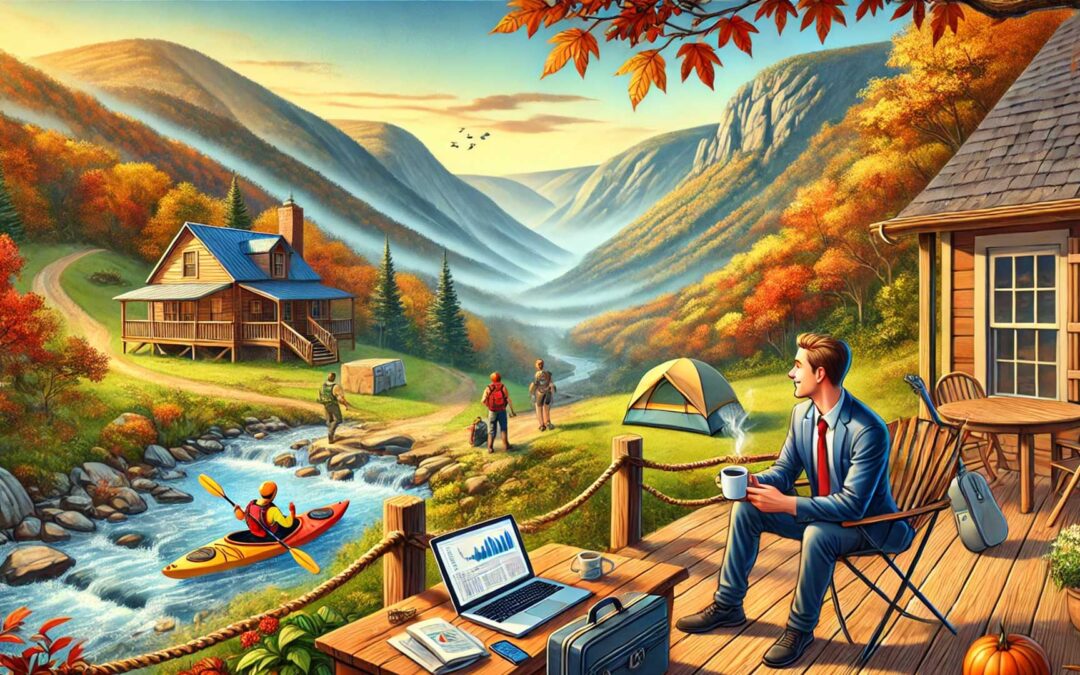Once upon a time in the hollers of West Virginia, the glow of a coal miner’s headlamp was the beacon of hard work, grit, and a way of life that built towns, raised families, and powered a nation. But now? That glow is being joined by the flicker of computer screens, lines of JavaScript, and the quiet clatter of keyboards echoing in co-working spaces that used to be corner stores.
Welcome to a different kind of revolution in Appalachia—where the grit remains, but the tools have changed.
From Black Lung to Black Screens
Let’s talk about the obvious: coal is not what it used to be. Mines that once employed generations are shutting down or shrinking. And while the debates rage on about energy policy, climate change, and the future of fossil fuels, the people in these mountains don’t have the luxury of waiting for Washington to agree on anything. They’re adapting, pivoting, and—dare we say it—rebooting.
Across Southern West Virginia, a growing number of former coal miners are trading in their pickaxes for Python. They’re swapping out shifts underground for remote gigs in the cloud (not the rainy kind, the data kind). And they’re doing it not by leaving Appalachia behind, but by redefining what success looks like right here.
This isn’t about forgetting where they came from. It’s about bringing the heart of Appalachia into the future, one line of code at a time.
Bootcamps in the Mountains
It started with a question: What if the next tech hub wasn’t Silicon Valley, but Welch?
Organizations like [insert local nonprofit or program here, e.g. “Appalachian Code Academy”] popped up with a radical idea—what if we trained former miners to become software developers? No one’s pretending it’s easy. After all, you don’t go from installing ventilation pipes in a mine to debugging JavaScript overnight. But if there’s one thing miners know, it’s how to grind through a tough job.
Derrick, 42, spent two decades underground. When his mine closed, he thought his working days were over. “I didn’t even own a laptop,” he laughs, “unless you count my cousin’s old one that caught fire charging on a propane heater.” Today? He’s working remotely as a backend developer for a logistics startup in Nashville—without ever leaving Mingo County.
“Turns out, working with code is a lot like working in the mines,” Derrick says. “You troubleshoot, you fix stuff, and you do it as a team. Only difference is now I don’t come home covered in dust. Unless you count Cheeto dust.”
Startup Culture, Appalachian Style
It’s not just coding jobs—some are dreaming even bigger.
In a small refurbished high school in Logan County, a group of friends—two miners, a retired teacher, and a high school dropout with a knack for design—launched a tech startup that helps rural clinics manage electronic health records offline. Why? Because they saw the need in their own community. Internet isn’t always reliable in these parts, but healthcare still is.
These aren’t hoodie-wearing, energy-drink-fueled coders in a neon-lit WeWork. These are men and women in flannel and boots, raising goats in the backyard, homeschooling kids, and writing code in between firewood runs.
What makes them different? They’re building with their communities in mind, not in spite of them.
Why It Works (and Why It Matters)
This isn’t some feel-good fluff piece. This is real. And it works because:
- Grit transfers. Years in the mines teach discipline, patience, and the ability to work under pressure—skills every coder needs.
- Appalachian storytelling is powerful. Many of these new techies are creating user interfaces and product stories that are intuitive, empathetic, and deeply human.
- The talent was always here. It just needed access. Once high-speed internet, training programs, and a few mentors showed up, the rest started to take care of itself.
Let’s be clear: this isn’t about pity. Appalachians don’t need pity. They need platforms. And now, with Wi-Fi instead of winches, that platform is digital—and wide open.
Challenges? Of Course.
Broadband access still isn’t where it needs to be. Funding can be spotty. And the stereotype of the “tech bro” still doesn’t quite fit with the guy who owns five chainsaws and bakes pepperoni rolls on weekends.
But progress doesn’t come without friction. And if you think these folks are scared of a little resistance, you’ve clearly never tried to hand-shovel coal in February.
The Future Is Here
So what happens next? Maybe the next big cybersecurity firm comes out of Clay County. Maybe a video game designed by a former strip miner goes viral. Maybe kids growing up in these mountains will learn to code before they learn to drive—because now they can.
And maybe, just maybe, the rest of the country will start looking at Appalachia not as a place that time forgot, but as a place that redefines what resilience looks like.
Because it turns out, innovation grows just fine in the shadow of the mountains.
From coal dust to code. From headlamps to high-speed. From surviving to thriving.
The story of Appalachia is still being written. Only now, it’s being typed—beautifully, imperfectly, and bravely—by people who never left.

























0 Comments